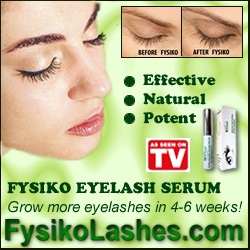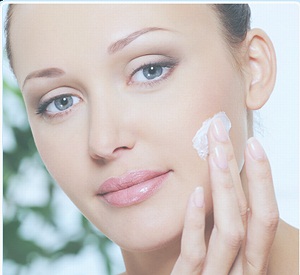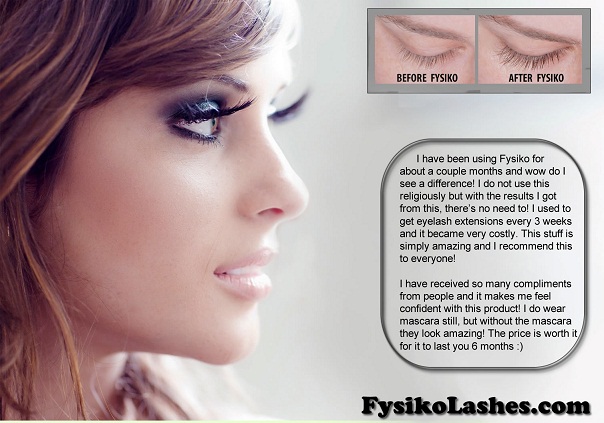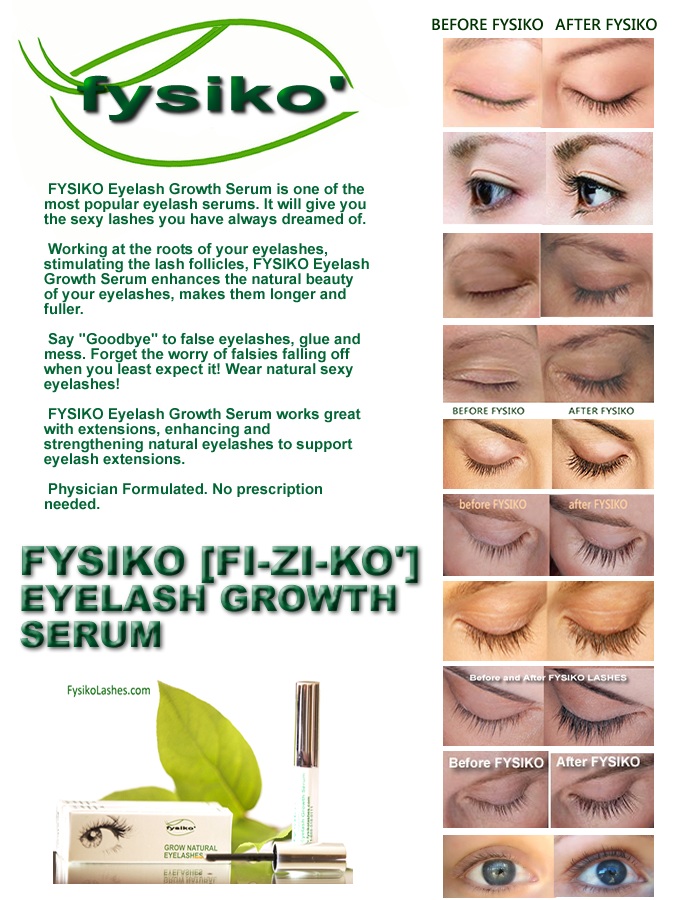Nutrition for better skin? Yes it is exactly right.
It is very important to learn what nutrition are better for your skin.
We’ve all heard the old saying, “You are what you eat.” But what about the connection between your food and your face?
Most articles about nutrition focus on the role of your diet in maintaining optimum internal health and warding off disease. For example, many articles talk about how the antioxidants found in fruits and vegetables can fight free radical damage to your immune cells, your organs and your DNA.
Well guess what? The same phytochemicals, vitamins, nutrients and minerals that keep your insides in the pink are equally essential for clear skin, bright smiles, strong nails and clear eyes. If you want to look your absolute gorgeous best, keep these diet guidelines in mind:
* Antioxidants: Antioxidants are intimately involved in the prevention of cellular damage — the common pathway for cancer, aging, and a variety of diseases. Antioxidants are molecules that have the ability to inhibit the oxidation of another molecule by sacrificing their own electrons to feed free radicals. Antioxidants neutralize free radicals either by providing the extra electron needed to make the pair, or by breaking down the free radical molecule to render it harmless. Found in abundance in colorful fruits and vegetables, these nutrients help combat signs of aging caused by the oxidation – the rust, if you will, of our cells. Beauty foods that are potent sources of antioxidants include: pomegranates, prunes, concord grape juice, blueberries, blackberries, purple cabbage, kale, brussels sprouts, dried plums, kiwis, raspberries, strawberries, raw spinach, oranges, apples and watercress.
* Essential fatty acids: Certain polyunsaturated oils are called “essential” because they must be included in our diet. Essential fatty acids, or EFAs, are fatty acids that humans and other animals must ingest because the body requires them for good health but cannot synthesize them. The term “essential fatty acid” refers to fatty acids required for biological processes, and not those that only act as fuel. EFAs, like omega-3 and omega-6, may reduce inflammation that can clog skin and lead to wrinkles. Sources include seafood – such as salmon, sardines, trout and flounder – as well as almonds, walnuts and flaxseed.
* Avoid simple carbs: “We think of carbs as the [nutrient] that’s used first,” says Eric Westman, MD, MHS, director of the Lifestyle Medicine Clinic at Duke University Medical Center. “We can only store a day or two of carbs.” The carbohydrates in food are digested into small pieces—either glucose or a sugar that is easily converted to glucose—that can be absorbed through the small intestine’s walls. If there is leftover glucose beyond what the liver can hold, it can be turned into fat for long-term storage so none is wasted. Some research suggests the insulin spike caused by simple carbohydrates, such as bread, pasta and sweets, may trigger a series of metabolic reactions that can lead to breakouts.
* Maximize water, moderate alcohol: Water, and lots of it, will help keep your skin hydrated, while alcohol in excess of one 4-ounce drink a day can dry it out. Also, some dermatologists say alcohol’s dilation of fragile facial capillaries can cause and exacerbate rosacea.>
* Healthy fat: While it’s always important to minimize artery-clogging saturated fat, don’t shy away from healthy monounsaturated fats, like olive oil and other liquid, plant-based oils that keep skin emulsified.
* Vitamin C: Make sure to also feed your face with vitamin C to help maintain collagen, the most important component of connective tissue contributing to the underlying foundation of your skin. The best sources of vitamin C includes citrus fruits and juices, broccoli, cauliflower, cantaloupe, strawberries, tomatoes, red peppers and green peas.
* Weight-loss bonus: Pound for pound, fruits and vegetables have fewer calories than other food groups. Plus, they have plenty of fiber, so they’ll help you feel full. Such a fruit-and-vegetable-rich diet helps ward off cravings by ensuring the body gets the full spectrum of nutrients, minerals, vitamins and phytochemicals it needs to function.
Data from the National Weight Control Registry, which maintains records on more than 3,000 individuals who have had success keeping off a minimum of 30 pounds, suggests that the winning diet for long-term weight loss is a low-fat, complex-carb diet rich in fruits and vegetables.
This data was recently reinforced by an international study, conducted by Northwestern University, assessing the diets of more than 4,000 people in the United States, United Kingdom, Japan and China. The study found that, without exception, a diet high in complex carbohydrates, fiber and vegetable protein was associated with low body-mass index.
The bottom line is that there’s nothing more beautiful than vibrant good health, and there’s nothing healthier than a regime that includes plenty of exercise, rest, water, lean proteins, and an abundance of fruits and vegetables.
It is very important to have right nutrition for better skin








 Posted in
Posted in  Tags:
Tags: 



